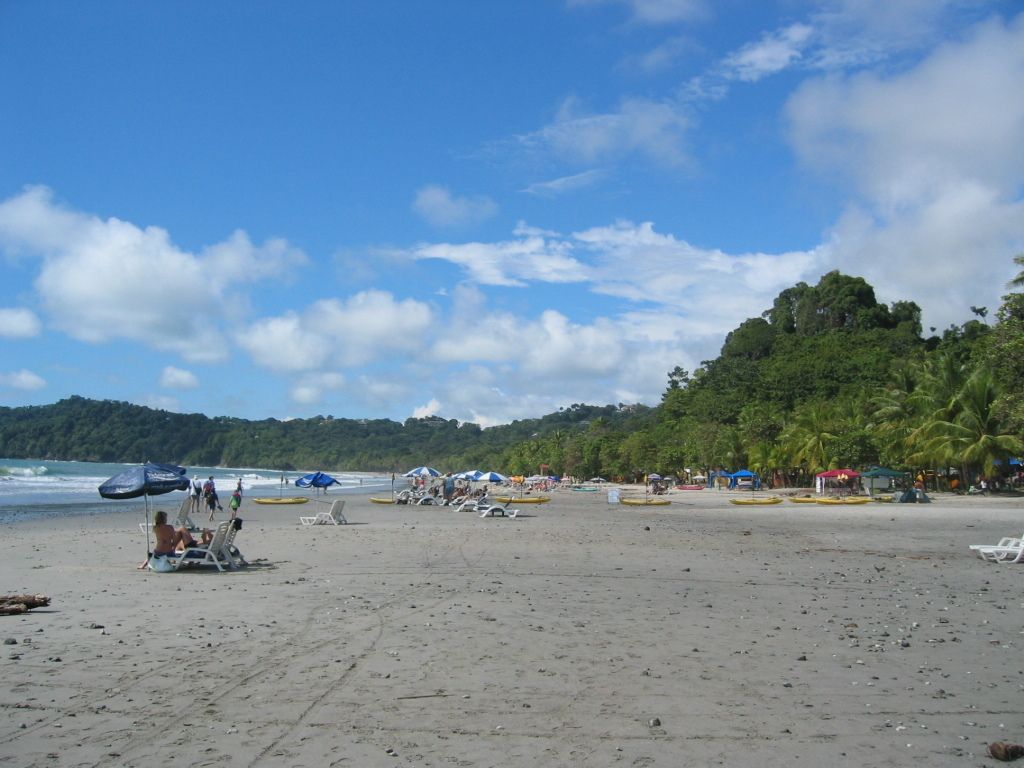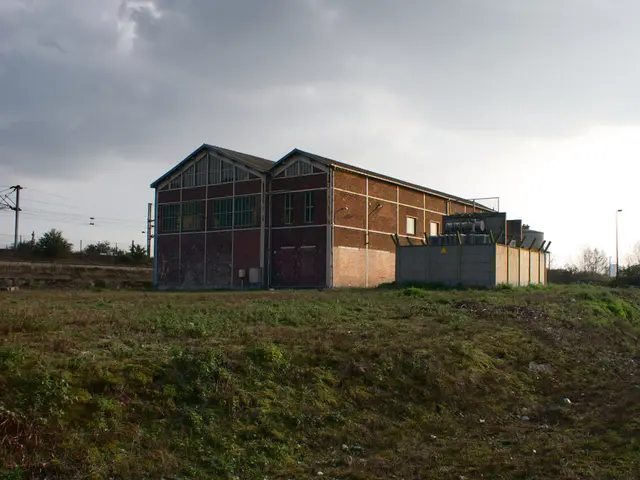Unsupervised Starlink Setup at White House Sparks Security Concerns
White House Vulnerable to Potential Threats from Starlink
In a surprising turn of events, the White House has found itself grappling with security concerns over the installation of Elon Musk's Starlink system. Sources familiar with the matter, as reported by the "Washington Post," claim that the system was set up on an adjacent building in February without the knowledge of the White House Communications Agency.
The Eisenhower Executive Office Building, adjoining the White House and part of the White House Complex, hosted this unnoticed setup. The Communications Agency, usually responsible for monitoring the connections, was left in the dark, unable to check for data leaks or prevent potential hacking attempts.
Employees of the government department, internally known as "Doge," and the Trump administration allegedly disregarded crucial security inquiries regarding official communication within the White House. According to the "Washington Post," these potential security gaps were overlooked during the installation of the Starlink system around the White House.
Starlink's Ongoing Presence
Since February, a "Starlink Guest" Wi-Fi network has been operational, accessible with a simple password. This setup contrasts starkly with the standard White House guest Wi-Fi system, which requires both a username and password and enforces regular password expirations for added security.
It appears that this loose Wi-Fi network remains active, despite Elon Musk's departure from his role as the chief treasurer of the Trump administration.
Security Agency's Response
The White House did not respond to the "Washington Post's" inquiries but referred them to the US Secret Service. Spokesperson Anthony Guglielmi stated that while they were aware of the "Doge" department's plan to improve internet access on campus, they did not deem it a security incident or breach.
However, standard procedures for private phones connected to the White House guest WiFi involve tracking names and passwords and expiring access rights after a week. Work computers are protected with robust security programs, and employee interactions with the outside world are closely monitored. The system logs device IDs and all transmission times, providing a record of interactions.
Bypassing Traditional Security Measures
Unlike the white-knuckled grip of traditional White House cybersecurity protocols, Starlink is said to allow data transmission without any kind of recording or tracking. This freedom could potentially help devices bypass existing security measures, providing an Achilles' heel to the fortress-like security of the White House.
Another source suggested that this unmonitored connection could enable devices to leave the network and externally interact without any checks or oversight. This bypass of security protocols creates a worrying vector for untracked data transfers in and out of one of the most secure buildings globally.
National Security Implications
Due to the sensitive nature of data stored and processed within the White House, the installation of Starlink could risk undermining national security. Representative Stephen F. Lynch and other officials have voiced concerns that the setup could facilitate unauthorized access or leaks, compromising American interests.
The continued presence of the "Starlink Guest" network poses an ongoing threat, as its simple authentication and lack of integration with existing security measures make it vulnerable to potential misuse or unauthorized access.
In the midst of these concerns, it is essential to address the security vulnerabilities introduced by the hasty implementation of Starlink at the White House, ensuring the sanctity of the nation's most vital communications.
Sources:
- ntv.de
- Washington Post
- The New York Times
- NBC News
- Bloomberg
Keywords:
- Elon Musk
- Donald Trump
- Satellite
- Hacker
- Cybercrime
- Wi-Fi
The Commission, in light of the debate surrounding the installation of Elon Musk's Starlink system at the White House, might find it worth considering the potential risks related to exposure to carcinogens in technology and politics, particularly those involving unregulated Wi-Fi networks and cybersecurity.
General-news outlets have highlighted the ongoing national security implications of the Starlink setup, with concerns being raised about its vulnerability to hackers and the potential for unauthorized data leaks, underscoring the importance of stringent security measures in high-risk environments.








